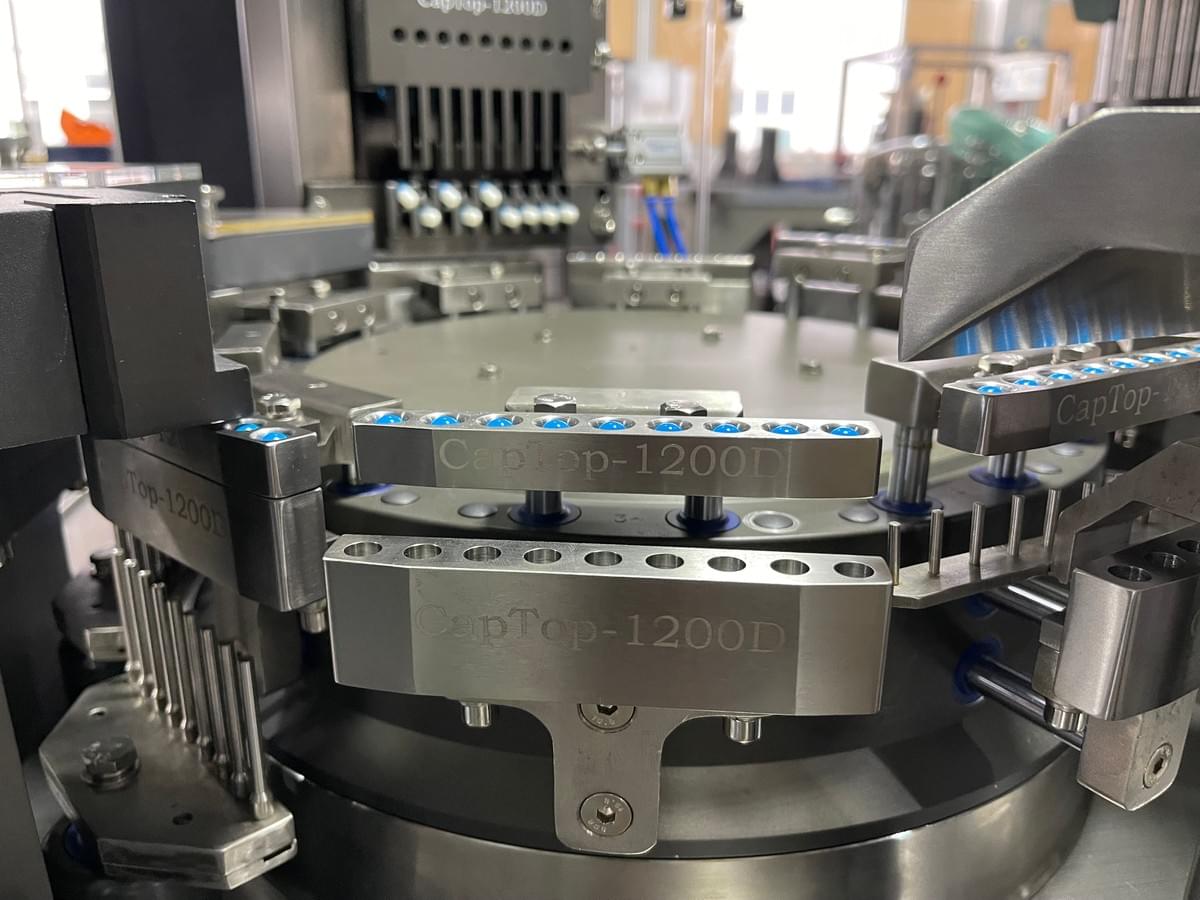Balancing filling accuracy and production speed is a critical challenge in pharmaceutical manufacturing. Ensuring that capsule filling machines deliver precise dosages while maintaining a high throughput is essential for efficiency and compliance with industry standards. This article explores strategies to achieve an optimal balance, focusing on practical steps and considerations.
To balance filling accuracy and production speed, it is crucial to optimize machine settings, conduct regular maintenance, and implement real-time monitoring systems. Adjusting parameters like fill volume, compression force, and machine speed can help achieve the desired accuracy without compromising throughput.

Optimizing Machine Settings
Balancing filling accuracy and production speed involves several key factors. Firstly, optimizing machine settings is essential. This includes adjusting fill volume and compression force to ensure capsules are filled accurately without slowing down the process. Operators should regularly calibrate the machine to maintain precision.
Regular Maintenance
Regular maintenance is crucial. Over time, wear and tear can affect the machine’s performance, leading to discrepancies in filling accuracy. Regular checks and timely replacement of worn-out parts can prevent such issues. Maintenance schedules should be strictly followed to ensure the machine operates at optimal efficiency.
Implementing Real-Time Monitoring Systems
Implementing real-time monitoring systems can also significantly improve the balance between accuracy and speed. These systems provide continuous feedback on the filling process, allowing operators to make immediate adjustments if any deviations are detected. This proactive approach minimizes downtime and ensures consistent production quality.
Training operators on the importance of both accuracy and speed is vital. Skilled operators can adjust machine settings and troubleshoot issues quickly, maintaining optimal performance levels. Comprehensive training programs should be in place to ensure that operators are well-versed in machine operation and maintenance.
While balancing filling accuracy and production speed is crucial, it's equally important to address specific factors that can impact this balance. Let’s explore some related topics and answers that delve deeper into these aspects.
Is Precision Control During the Filling Process Affected by Environmental Factors? How to Manage Environmental Impact on Accuracy?
Yes, environmental factors like temperature and humidity can impact the viscosity of fill materials, affecting accuracy. To manage this, maintaining a controlled environment and monitoring conditions closely is essential. Using climate control systems can help stabilize these factors, ensuring consistent accuracy.
Is There a Dedicated Filling Accuracy Monitoring System for Real-Time Detection and Adjustment?
Yes, advanced capsule filling machines often come equipped with real-time monitoring systems. These systems use sensors to detect deviations in filling accuracy and automatically adjust machine settings to correct them, ensuring continuous precision and minimizing manual intervention.
Is Filling Accuracy Affected by Operator Skill Level? How to Ensure Operator Training and Standardization?
Operator skill level significantly affects filling accuracy. Comprehensive training programs and standard operating procedures (SOPs) are essential to ensure that operators are well-versed in machine operation and troubleshooting, maintaining high accuracy levels.
Does Filling Accuracy Adjustment Require Regular Calibration? How to Ensure Calibration Accuracy and Timeliness?
Regular calibration is vital for maintaining filling accuracy. Establishing a routine calibration schedule and following manufacturer guidelines ensure the machine’s settings remain accurate. Using calibrated reference weights and materials can help in performing precise calibrations.
Is Filling Accuracy Affected by Mechanical Wear and Aging? How to Prevent and Deal with These Effects?
Mechanical wear and aging can impact filling accuracy. Regular maintenance, including lubrication and part replacements, is crucial to prevent these effects. Monitoring machine performance and scheduling preventative maintenance can help mitigate the impact of wear and tear.
Balancing filling accuracy and production speed in capsule filling machines requires a combination of optimized machine settings, regular maintenance, real-time monitoring, and skilled operators. By addressing environmental factors, implementing monitoring systems, ensuring regular calibration, and preventing mechanical wear, manufacturers can achieve a harmonious balance, resulting in efficient and accurate production processes.
For pharmaceutical manufacturers looking to enhance their capsule filling operations, investing in advanced training programs, implementing real-time monitoring systems, and adhering to rigorous maintenance schedules are essential steps. Contact us today to learn more about our comprehensive solutions designed to optimize your production efficiency and accuracy. Take advantage of our special discounts on training programs and equipment upgrades to stay ahead in the competitive market.